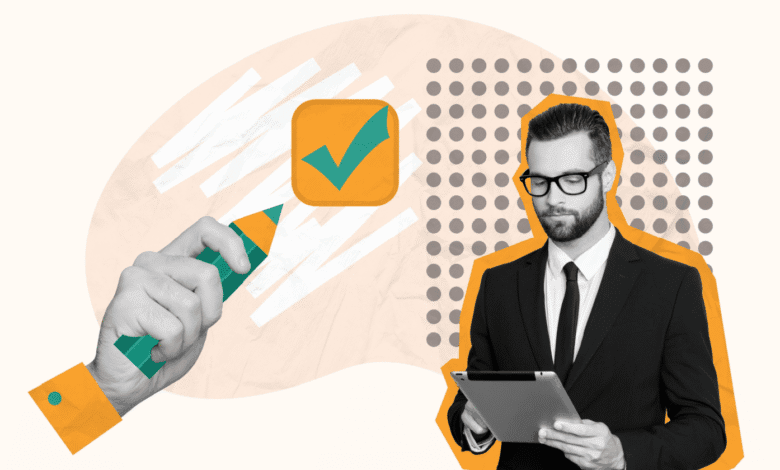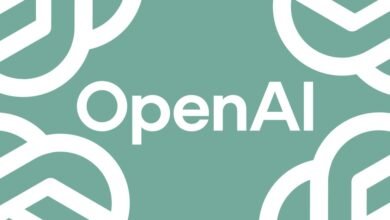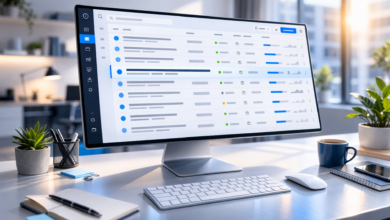Human Judgment in SEO Automation: The Verifier Layer

▼ Summary
– AI tools can perform many SEO tasks like content drafting and keyword suggestions, but they often produce convincing yet incorrect information, posing risks in regulated industries.
– False advertising lawsuits have surged, with over 200 annual cases in the food and beverage industry (2020-2022) compared to 53 in 2011, highlighting the growing legal risks of AI-generated content.
– Universal verifiers are emerging as AI fact-checkers that evaluate outputs for accuracy, but current prototypes like DeepMind’s SAFE are only 72% accurate and not yet ready for real-world use.
– Industries like healthcare and finance will likely adopt verifiers first due to strict compliance needs, while SEO teams should prepare by integrating verification practices into workflows.
– Human reviewers will remain essential, shifting from line-by-line checks to managing verifier flags and risk thresholds, making their role more strategic as AI verification evolves.
The rise of AI in SEO has brought unprecedented efficiency, but blind reliance on automation comes with hidden risks. While tools can generate content, suggest keywords, and flag technical issues at scale, they often produce errors that sound convincing, misleading statistics, outdated practices, or even fabricated claims. For industries like finance, healthcare, or legal, these mistakes aren’t just embarrassing, they carry legal consequences.
Legal exposure from inaccurate content is skyrocketing. Over 200 false advertising lawsuits were filed annually in the food and beverage sector alone between 2020 and 2022, a fourfold increase from 2011. California courts saw more than 500 such cases in 2024, with settlements exceeding $50 billion last year. As AI churns out content faster, the risk multiplies. Without safeguards, automation doesn’t just streamline workflows, it amplifies liability.
The solution? A verifier layer, a fact-checking system that scrutinizes AI output before publication. Unlike content generators, verifiers are trained separately to catch hallucinations, unverified claims, and logical gaps. The most advanced versions assign confidence scores, highlight risky statements, and even block deployment if risks are too high. While OpenAI and DeepMind are testing prototypes like SAFE (which matches human fact-checkers 72% of the time), current accuracy falls short for high-stakes industries requiring 95-99% reliability.
For now, human oversight remains irreplaceable. Verifiers aren’t yet accessible in SEO tools, they’re embedded within large language models (LLMs). When they do become available, expect metadata like confidence scores or risk flags to integrate into workflows. Forward-thinking teams are already preparing by fact-checking rigorously, treating every AI-generated claim as suspect until verified.
Regulated sectors will lead adoption. Banks, healthcare providers, and legal firms already enforce strict content reviews. For them, verifier data will streamline compliance. SEO teams must adapt by shifting from line-by-line edits to managing risk parameters, deciding which flagged issues warrant intervention.
The future of search rewards trust, not just volume. Brands that bake verification into their processes now will outperform competitors scrambling to retrofit safeguards later. AI won’t replace human judgment, it will elevate it, turning reviewers into strategic gatekeepers of accuracy. The question isn’t whether verifiers will reshape SEO, but who’s ready to leverage them first.
(Source: Search Engine Journal)




